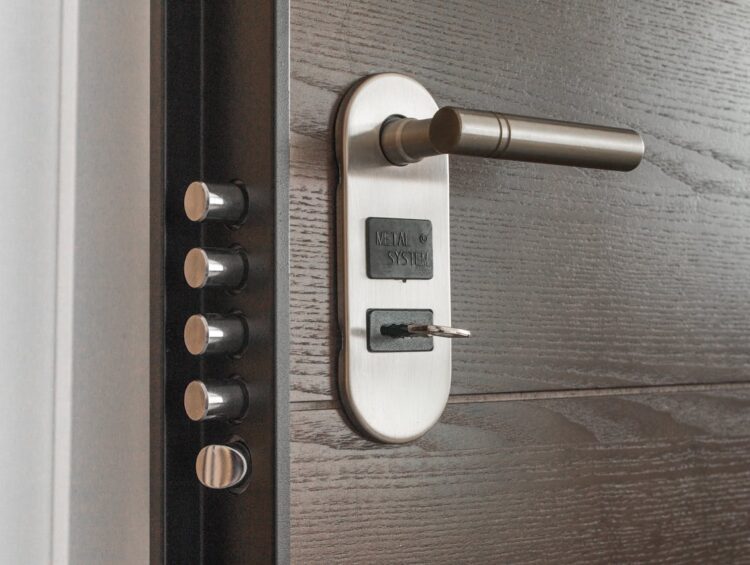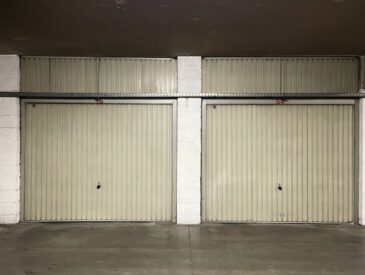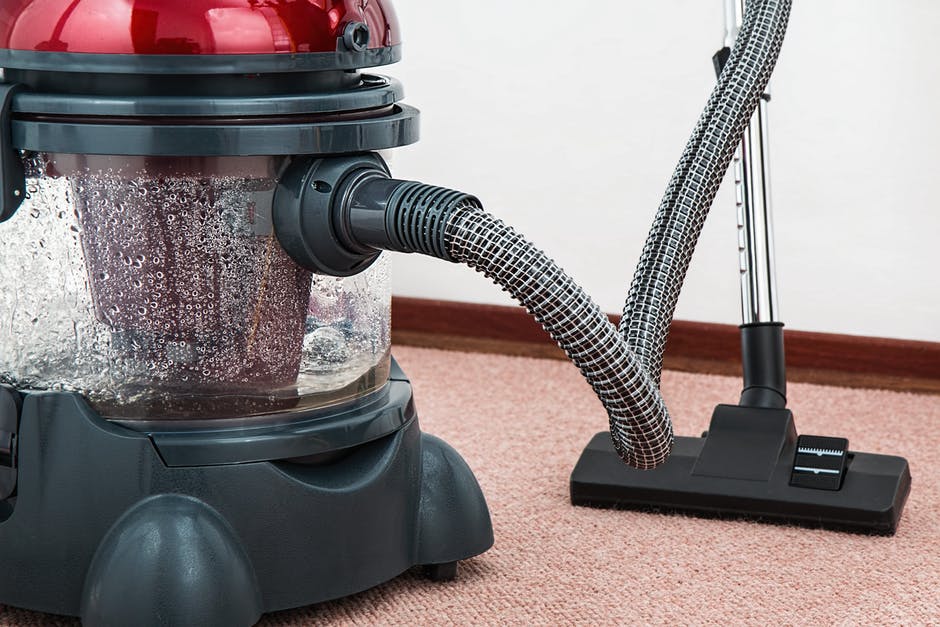Contents
Table of Contents
- Importance of Choosing the Right Lock
- Types of Locks Available
- Features to Look for in a Good Lock
- Installation Tips for Homeowners
- Maintenance and Care for Your Locks
- When to Consider Changing Your Locks
Importance of Choosing the Right Lock
Choosing the right lock is crucial for home security, as it prevents unauthorized access and deters burglars. With an average of 1.4 million burglaries in the US, investing in quality locks can significantly reduce the chances of your home being targeted.
Types of Locks Available
Several types of locks are available on the market today, each with advantages and disadvantages. Common types include:
- Deadbolts: Deadbolts, known for their strength and durability, are famous for external doors due to their excellent resistance against forced entry, making them a reliable home security option.
- Knob Locks: Knob locks, commonly used in residential settings, are less secure than deadbolts and are more suitable for internal doors but can be easily bypassed when used alone.
- Smart Locks: Smart locks offer advanced security features like remote access and monitoring, allowing homeowners to lock and unlock garage doors using smartphones or other connected devices, often with additional features.
- Lever handle locks: Lever handle locks are preferred for establishments and public buildings, but they are also used in commercial settings because of their standard accessibility and ease of usage.
Features to Look for in a Good Lock
Consider durability, ease of installation, and additional security features when selecting a lock. A good lock should have a strong bolt, a reliable key mechanism, and resistance to standard break-in methods. Look for locks that offer additional features like anti-pick and anti-bump technologies for enhanced security. High-quality locks often come with certifications from security testing organizations, indicating their reliability and effectiveness. Pay attention to the materials used in the lock’s construction, as solid metal components generally offer better protection than plastic parts.
Installation Tips for Homeowners
The effectiveness of your lock depends on proper installation, including alignment, secure fastening of the strike plate, and multiple testing. If you need more confidence, consider hiring a professional. Ensure there is no gap between the door and frame, as even the best locks can be rendered ineffective if installed incorrectly. Following the manufacturer’s instructions enhances security.
Maintenance and Care for Your Locks
Regular maintenance of your lock is crucial for its longevity and functionality. Regular cleaning, lubrication, and replacement of components are essential. Timely interventions prevent broken or worn-out parts from compromising the lock’s effectiveness. Periodic inspections can identify potential issues before they escalate into serious problems.
When to Consider Changing Your Locks
Replace your locks after moving into a new home, losing keys, or experiencing a break-in. If there are signs of wear or difficulty operating the lock, it may be time for a replacement. Changing locks can also be beneficial for upgrading security systems or improving door aesthetics. Regularly evaluating the condition and effectiveness of your locks ensures home protection.





